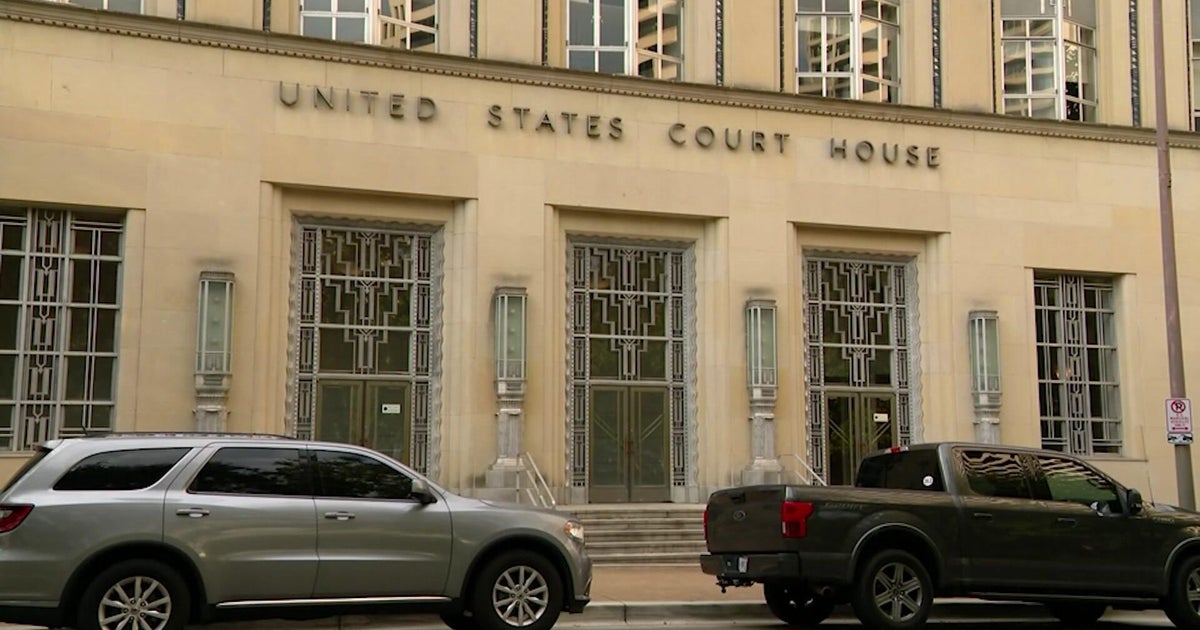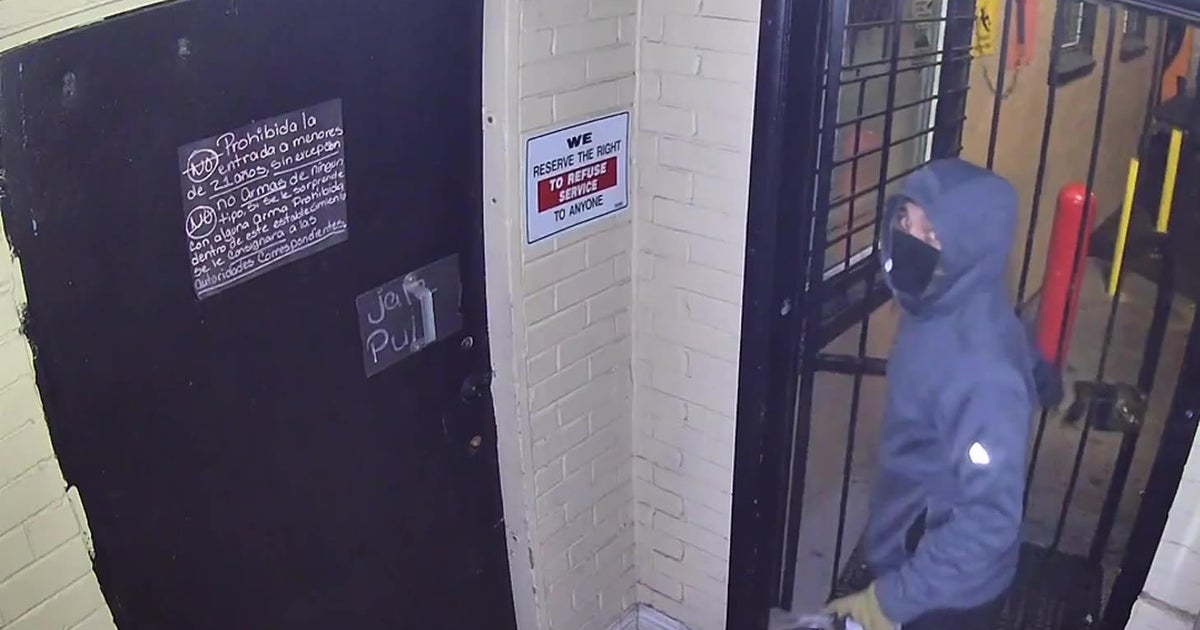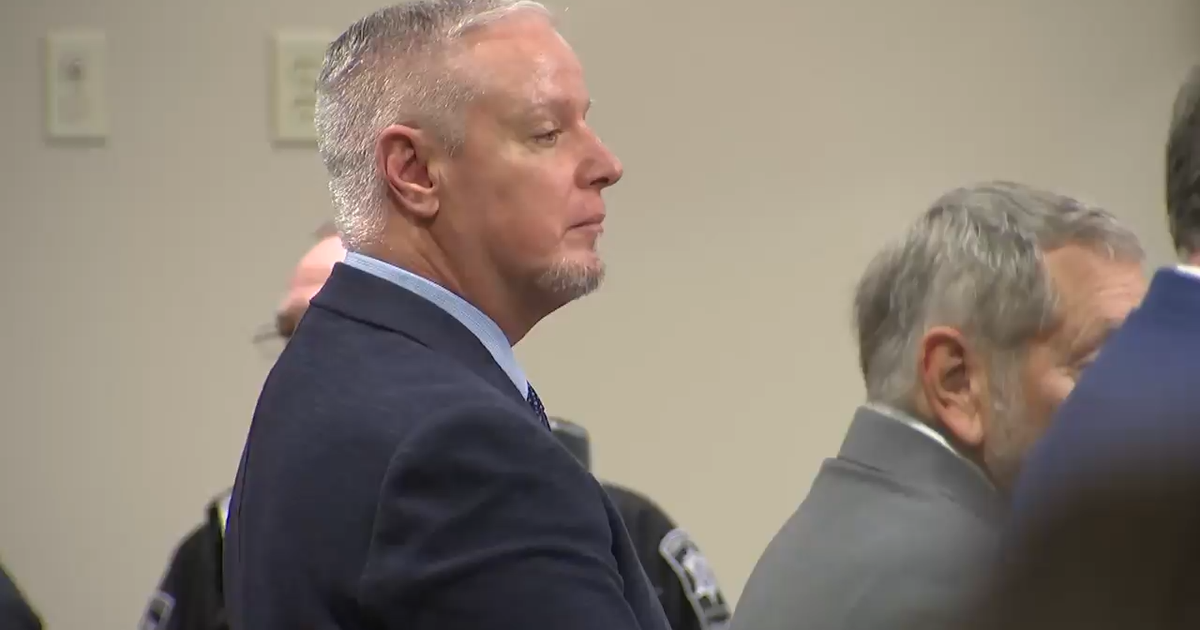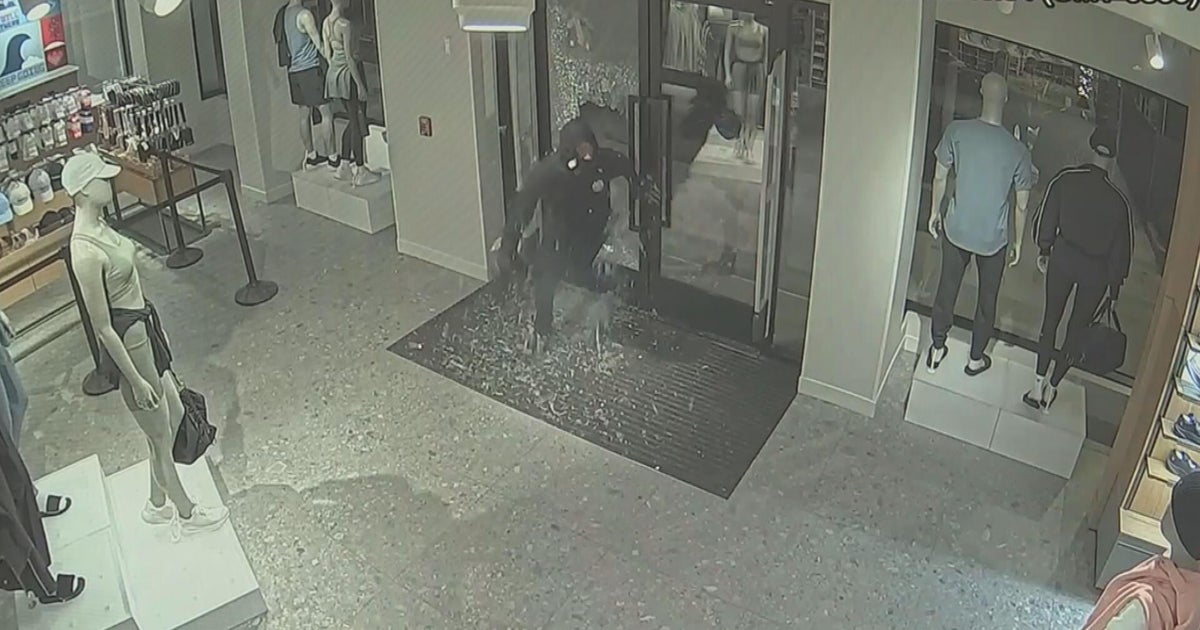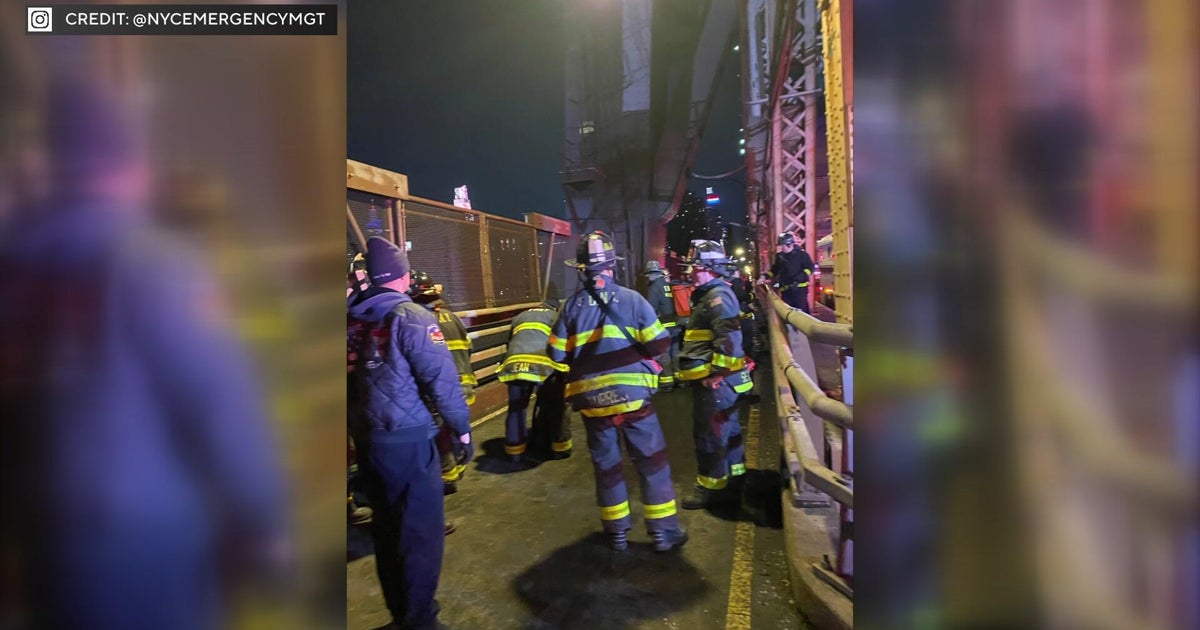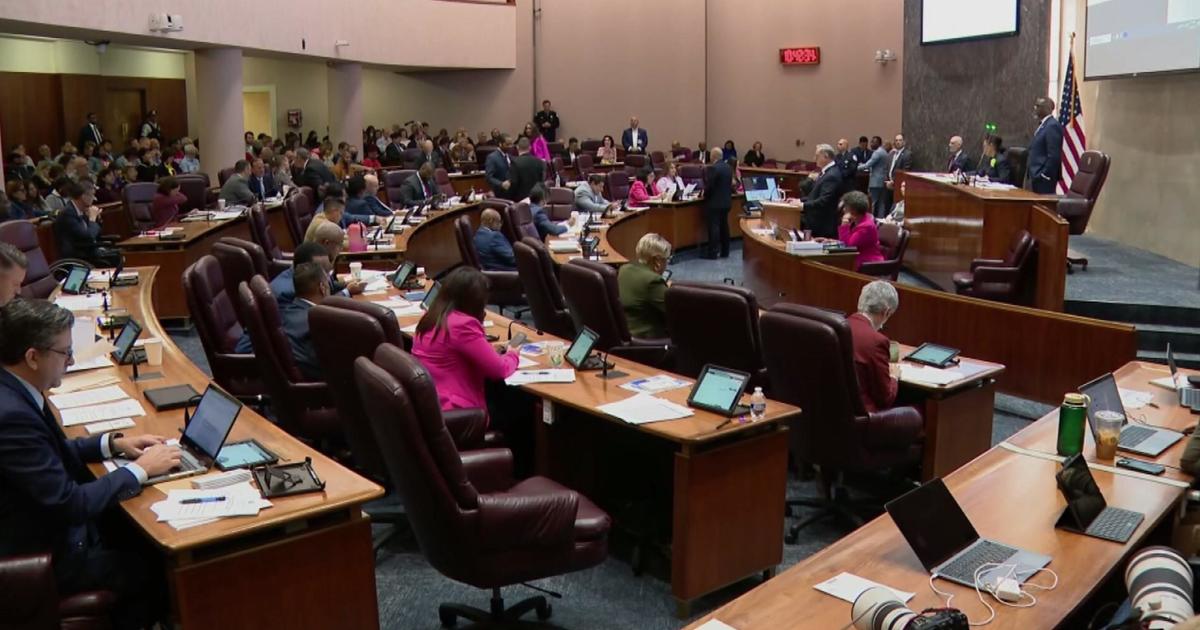Months-Long Stop-And-Frisk Trial Wrapping Up
NEW YORK (CBSNewYork/AP) - Closing arguments began Monday in the federal civil rights trial over the NYPD's controversial stop-and-frisk program.
During summations, city attorney Heidi Grossman said that there is "no indication of racial motivation whatsoever'' in the practice and argued that the plaintiffs failed to show that there is widespread searching of blacks and Hispanics based on race rather than on reasonable suspicion.
Grossman pointed out that none of those who testified about encounters with police could point to any racial slurs or statements.
Months-Long Stop-And-Frisk Trial Wrapping Up
More than 5 million stops have been made in New York in the past decade, mostly of black and Hispanic men. Police must have reasonable suspicion to stop someone, a standard lower than probable cause needed to justify an arrest. Only about 10 percent result in arrests.
About a dozen black and Hispanic men told the judge of disturbing and uncomfortable encounters with police that left them feeling confused, angry and scared.
One witness, 24-year-old Nicholas Peart from Harlem, wept on the stand as he described how he was handcuffed and put into the back of a squad car.
A teenager told how he was stopped walking down the street. In each instance, the witnesses said they could find no basis for the stops other than they were minorities. But many of the officers who did the stopping also explained their legal reasoning.
Months-Long Stop-And-Frisk Trial Wrapping Up
Lawyers for the men who sued police say officers are making illegal stops in part because they felt pressure from superiors instituting illegal quotas.
Many NYPD officials testified on policy and procedure. About a dozen police officials also testified on how they do their jobs.
Officers are told to stop "the right people, at the right time in the right location,'' a phrase first heard in the early days of the case on a secret recording made by one whistleblower officer during a heated exchange over his performance evaluation. Since then, it has been repeated by nearly every official who testified.
"It's a tool that needs to be used properly, and as borough commanders you should have adequate checks and balances in place, and you should be looking at them with your staff,'' said Deputy Chief James Hall, who is in charge of patrol. "There is a focus on when it is used --- right time, right location, you know, right individual.''
Police have said the phrase means the location where crimes have been occurring, at the time they have been occurring and an individual who matches the description of a crime suspect or someone who appears about to commit a crime.
Lawyers for the men who have sued say, though, that the phrase is code for targeting blacks and Hispanics in poor neighborhoods.
A plaintiff's attorney argued that what the NYPD calls proactive policing is experienced by minorities as arbitrary and based on race.
U.S. District Court Judge Shira Scheindlin must eventually examine more than 7,000 pages of trial record and may order major changes to the policy, reforms that could have a nationwide impact on how police departments operate.
Scheindlin interrupted frequently to ask questions, WCBS 880's Irene Cornell reported. For example, she asked if the court were to conclude that there was no reasonable suspicion for a stop, then why was the person stopped in the first place and on what grounds?
Scheindlin also noted the city's argument that 90 percent of crimes are committed in minority neighborhoods, explaining why 80 percent of the stops are made on blacks and Hispanics.
The judge asked the plaintiff's attorney where they would expect police to be deployed if not in high crime areas.
The judge reminded the plaintiffs that they must prove that at least one stop was unconstitutional. The attorney replied that they believe all 19 stops have Constitutional problems that left the targeted subjects feeling afraid to leave home.
The plaintiff's attorney concluded that the police can do better than to make innocent people feel afraid.
Plaintiffs say a court monitor must be appointed to facilitate changes in training, supervision and the documentation of street stops. An expert for the city testified that the department has already enough checks and balances already in place.
You May Also Be Interested In These Stories
(TM and © Copyright 2013 CBS Radio Inc. and its relevant subsidiaries. CBS RADIO and EYE Logo TM and Copyright 2013 CBS Broadcasting Inc. Used under license. All Rights Reserved. This material may not be published, broadcast, rewritten, or redistributed. The Associated Press contributed to this report.)
